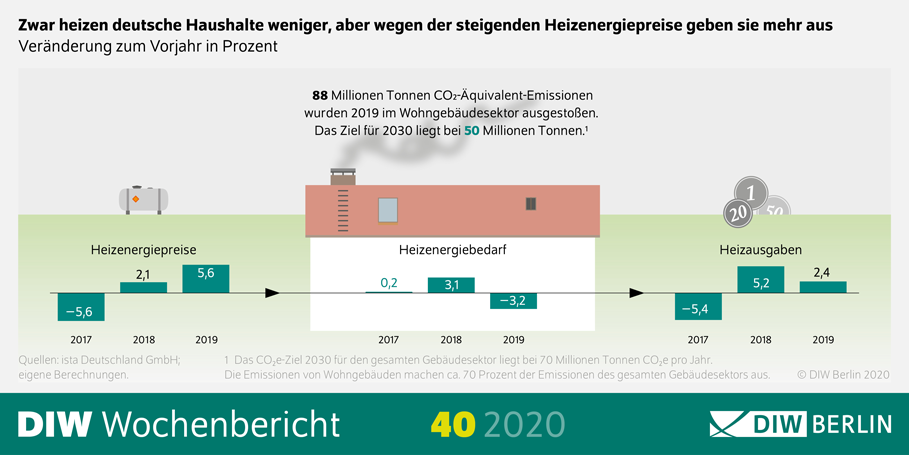The Federal Government has agreed to fund one of four regional "Sustainability Strategies Network Offices" in Bonn. This was announced by Chancellor Merkel and the German Council for Sustainable Development (RNE) at the RNE annual conference in Berlin at the end of May.
Starting in September, the "Netzstelle Nachhaltigkeitsstrategien West" (RENN West) will bring together actors from civil society, municipalities and business. RENN West will be responsible for the states of North Rhine-Westphalia, Hesse, Rhineland-Palatinate and Saarland. The aim is to better anchor innovative future concepts for sustainable management and living. This can include, for example, low-emission mobility, more conscious consumption or the better coexistence of different generations in a neighbourhood.
The sponsor of RENN West is the Landesarbeitsgemeinschaft Agenda 21 NRW (LAG 21). Its concept won out over five other applicants in a competition. Funding for the Regional Network Offices comes from the Federal Chancellery, which coordinates the national sustainability strategy. For this purpose, 250,000 euros per year are available in Bonn for 5 years.
NRW Environment Minister Remmel, who coordinates NRW's sustainability strategy, congratulated the new network office: "I am pleased that this will further strengthen Bonn in its role as Germany's No. 1 sustainability centre. The cooperation with the international and national sustainability institutions already based in Bonn will certainly be very fruitful for RENN West."
NRW Minister Franz-Josef Lersch-Mense, who is responsible for One World policy in the state government, also welcomed the establishment of RENN West in Bonn: "In Bonn, very concrete work is being done on the major challenges facing humanity in the 21st century, such as combating climate change. The establishment of the new network office therefore fits perfectly into the international environment."
Bonn's Lord Mayor Ashok Sridharan was pleased about the good news: "The establishment of the regional network office of the German Council for Sustainable Development in Bonn fits perfectly with the profile of our city. The networking of municipalities, business and civil society to promote sustainable development is also an important concern for us as a city."
Sustainability Centre Bonn
As a German city of the United Nations, Bonn is currently home to 18 UN agencies. The largest UN institution in Bonn is the Secretariat of the United Nations Framework Convention on Climate Change (UNFCCC). The most recent addition in spring 2016 was the United Nations Staff College (UNSSC) branch dealing with the Sustainable Development Goals (SDGs). And only recently, the Federal Ministry for Economic Cooperation and Development and the UN cleared the way for the establishment of the UN SDG Action Campaign office by signing a corresponding memorandum of understanding.
Under the heading "UN in Bonn - Shaping Sustainability", the Bonn UN agencies support the targeted efforts of governments for a sustainable future in the areas of climate change, land degradation, biodiversity and ecosystem services, species conservation, global volunteerism, health, human security, disaster risk reduction, tourism as well as education.
In addition to federal authorities and development cooperation institutions, Bonn is also home to scientific institutions, companies and around 150 international and internationally active non-governmental organisations. They all make the international location Bonn a place from which sustainability is shaped.
Source: Press release City of Bonn, 31.05.2016
Further links:
Aug. 30, 2016, the Sustainability Center West begins operations: www.energieagentur.rlp.de/...
Keywords:
Stakeholders, Climate protection, News Blog Hesse, News Blog NRW, News Blog RLP, News Blog Saarland, Environmental policy



